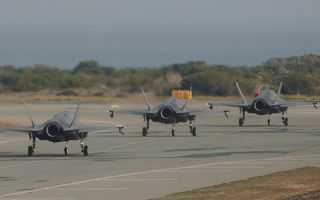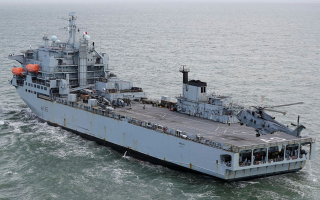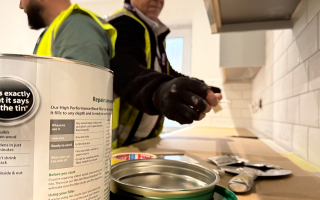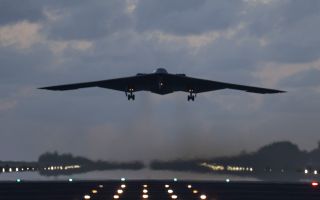Inside Op Lazurite: British military operation to settle Afghans in UK
It may not seem like the most obvious military operation, but for the Armed Forces personnel currently deployed on Op Lazurite, supporting Afghans who previously worked alongside the British Army as they settle into their new lives in the UK, the task requires a versatility not too uncommon with other, more standard, military operations.
Military personnel deployed on Op Lazurite typically provide transportation from entry points – airports around the UK – and help facilitate initial arrivals activities, such as registering with a doctor and other essential provisions.
Forces News was given special access to one such military base near Chepstow, currently home to 200 Afghan civilians who have come to the UK as part of the Afghan Resettlement and Assistance Policy, also known as ARAP.
"They took me out from my house and they broke my leg. I was with them for almost one month... I somehow managed to escape."
The words of Anwar, whose name we have changed, describing the violence he endured at the hands of the Taliban.
More than a decade ago, Anwar, like many Afghans, supported British soldiers on operations in Afghanistan.
"I was with the Welsh Guards. We were patrolling," Anwar says. "I'd been hired easily because my English was good. So, from there I was taken out to Helmand and started work as an interpreter."
In January 2024, Anwar and his six children arrived in the UK to be settled here as part of the ARAP scheme.
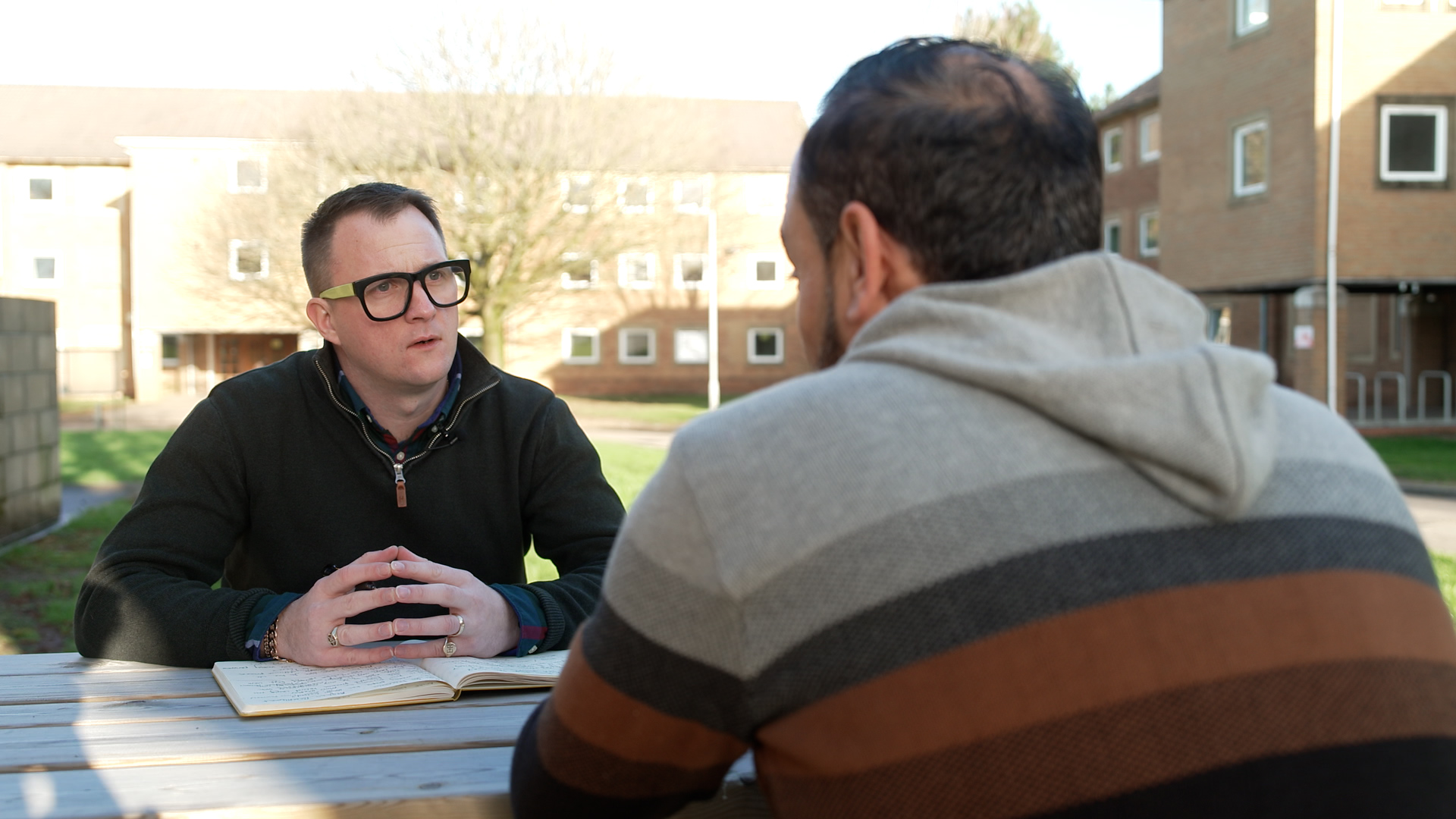
To date, more than 15,000 people like him have come to Britain to start new – and safe – lives away from the potential harms of life under the Taliban.
"[The Taliban] knew everything about me. I just feared for my relatives," Anwar told Forces News.
How does ARAP work?
Afghans who feel they are eligible to apply to come to the UK under ARAP must initially apply online.
The MOD then assesses the application and, if it's successful, moves the applicant to a nominated third country, typically Pakistan.
From there, the applicant and their entitled family members are brought to the UK and initially placed into a Reception, Staging and Onward Movement site, like the one Forces News was given access to in Chepstow.
They can stay here for anything up to six weeks, before moving on to more permanent accommodation, typically surplus Service Family Accommodation, where they can stay for three years.
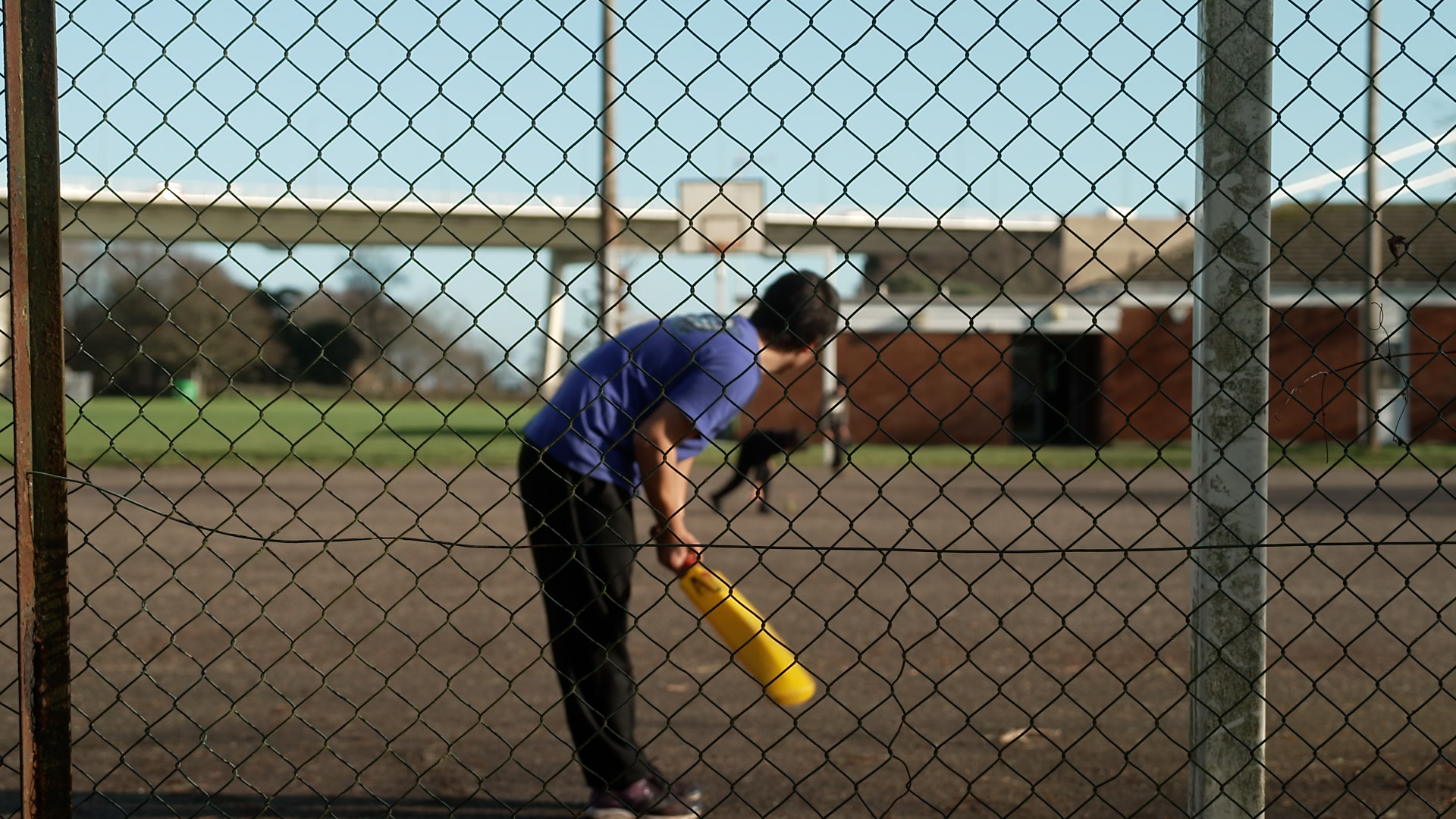
When Afghans arrive, the opening days and weeks are all about settling into new lives in the UK. Arrivals are assisted with opening bank accounts, claiming benefits, and even applying for a library card locally.
As well as providing shelter and food, military personnel also assist the Afghans with seeking medical support – some have never seen a GP in their lives – and provide entertainment for the array of ages. A popular activity for teenage boys is cricket, while some of the older men try their hand at pool.
In any other circumstance, work like this would lie explicitly outside of the military. Why then has, as in the case of Chepstow, the British Army been tasked to look after the arriving Afghans?
For Lt Col Lee Beales, one of the senior officers overseeing the military's contribution to ARAP, it's because soldiers have specific abilities and a 'can do' attitude that lends itself to such a task.
"Why's it our role? Because we've been told to do it," Lt Col Beales told Forces News. "But also, the security situation changed.
"The number of people arriving in the UK increased, and so we needed a rapid response. And the military was asked to do that.
"The military has people, locations, and we are able to support the Government in supporting the Afghanistan EPs (eligible persons).
"This task is finite. There is an end to the number of EPs arriving under this scheme. So thereafter, we'll go back to normal. I'll go back to my day job in unit command."
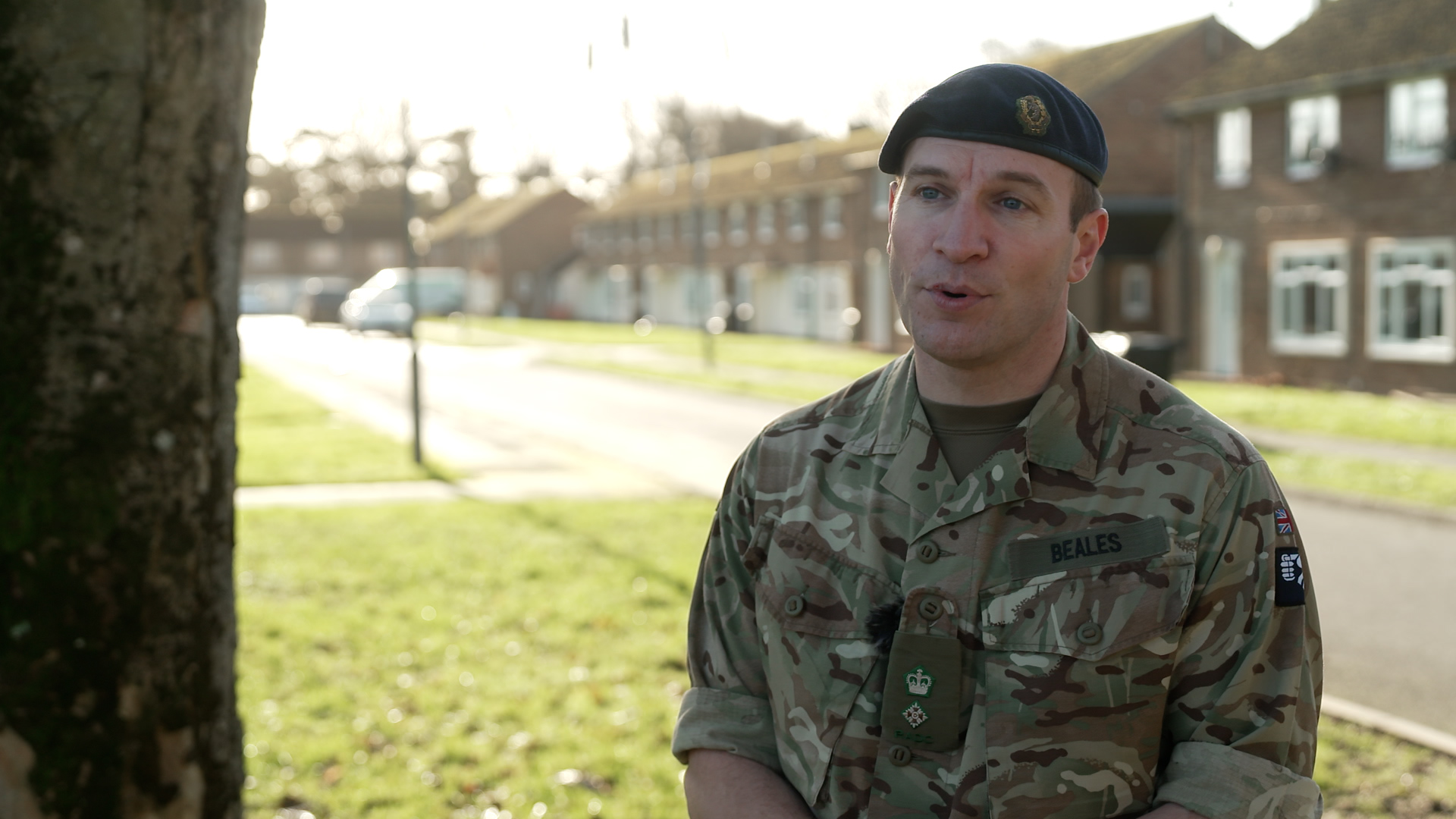
Although there are currently more Afghans coming to the UK under ARAP than ever before, the MOD has not always been so efficient in processing applications.
Anwar explained that he waited for 18 months to get a decision after making his application. During this time, he says he had to move around and worried for his loved ones.
He said: "I was more worried for my kids and family members. So, it was wearing me a lot. The only option I had was to move from location to another location."
Anwar, however, is now in the UK and happy to be in the initial stages of his integration into British life.
He says he's also pleased to be back in the company of British soldiers, whom he enjoyed working with during the war in Afghanistan.
Anwar said: "It's great. The kids are keen to start their schools and their new life here.
"At least we are safe. The soldiers are helping us a lot, in every aspect. I'm usually a quiet person, but here I'm talking a lot."
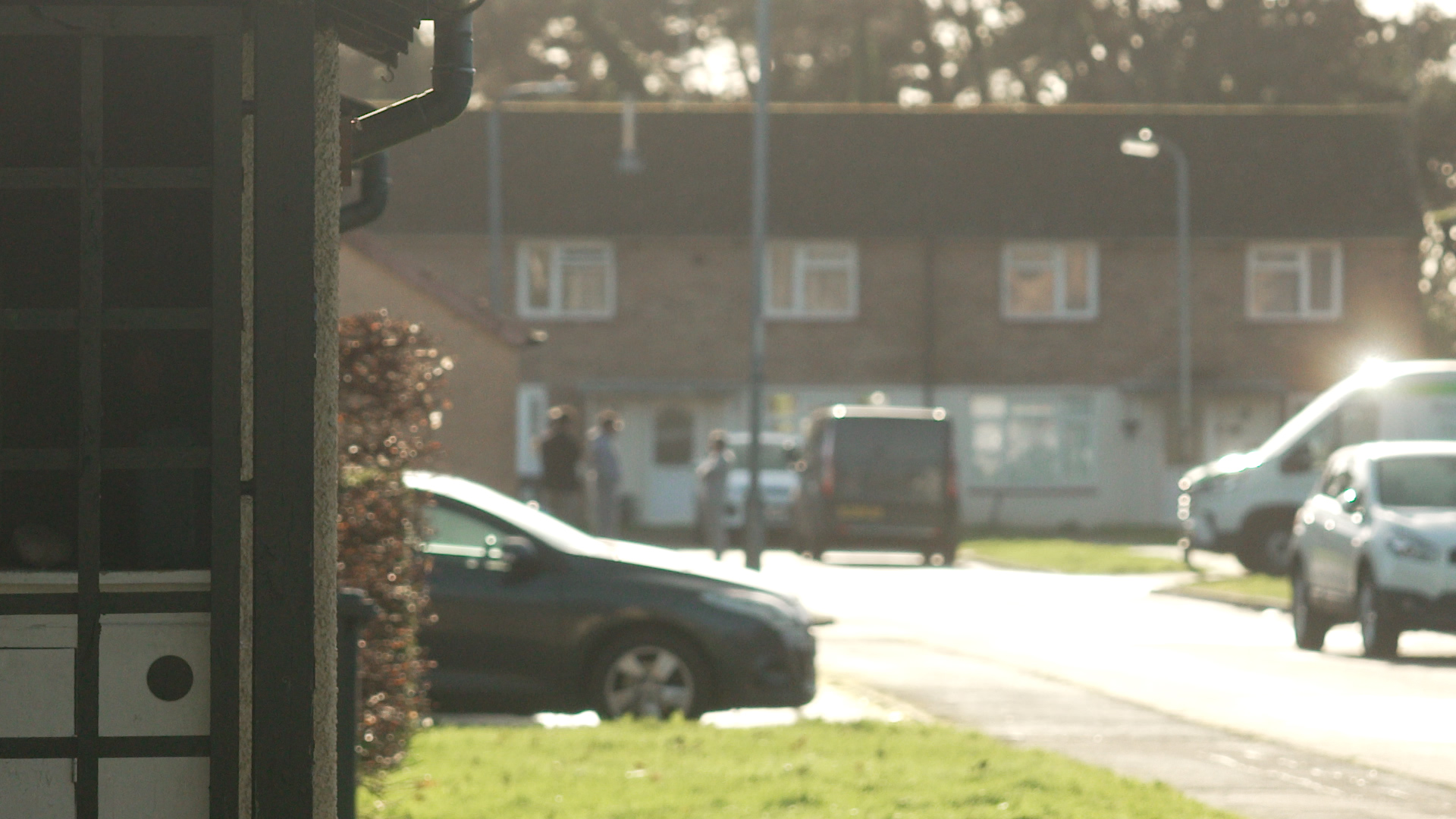
The MOD acknowledges there is "still a way to go to bring all those who are eligible to safety in the UK", but ays there are now only around 2,000 applications left to process.
A spokesperson added: "Out of around 95,000 unique initial applications, only approximately 2,000 complex ARAP cases are remaining to process.
"We are working hard to resolve these as quickly as possible, giving applicants the clarity they deserve, and are working closely with our colleagues across Government in many of these cases.
"Having recruited additional casework officers and refined operational processes, Defence Afghan Relocation and Resettlement Directorate (DARR) productivity increased throughout the summer of 2023 and this led to the making of more eligibility decisions than ever before."
The spokesperson added: "The processing time for applications varies due to the complexity of individual cases and a reliance on applicants providing all necessary information to enable eligibility decisions to be made."


